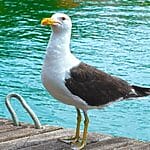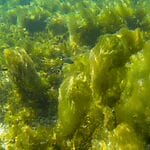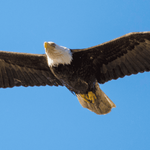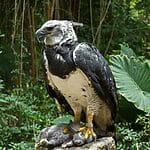The Florida Fish and Wildlife Conservation Commission is a Florida government agency that manages and regulates wildlife and fish resources within the state, as well as enforcing related laws.
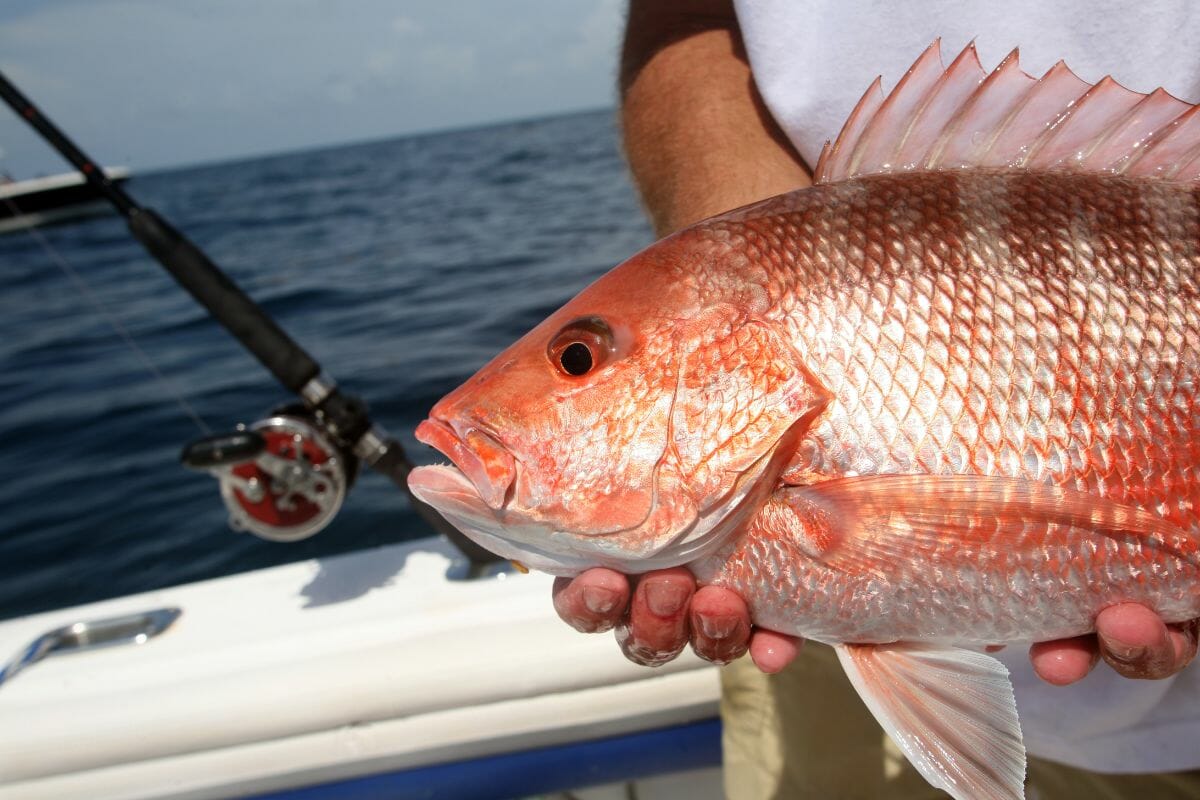
This agency was founded in 1999 and you can find its headquarters in Tallahassee.
Within this agency, you can find information and policies meant to protect the state’s wildlife and fish populations, as well as managing their habitats and ensuring that these areas are conserved.
The Florida Fish and Wildlife Conservation commission is also responsible for maintaining hunting practices, licensing, and permits.
Florida Fish And Wildlife Conservation
The Florida Fish And Wildlife Conservation commission has 2,113 full time employees across their 76 field offices and facilities as of 2018.
Among these are 5 regional offices, one in Panama City, Lake City, Ocala, Lakeland, and West Palm Beach, as well as their headquarters in Tallahassee.
From 2018, The FWC has been responsible for the protection and management of more than 575 species of wildlife, 200 native species of freshwater fish, and more than 500 native species of saltwater fish.
This includes balancing the needs of these creatures with the needs of the nearly 20 million residents of Florida, and the millions of visitors who come to Florida every year.
This is no small feat, which is why the agency hires so many officers to help ensure that laws and regulations are being upheld.
Florida Fish And Wildlife Conservation Officers
FWC officers have the responsibility and full power of the police, including statewide jurisdiction.
These officers will patrol rural areas, wilderness, and in//offshore areas in order to ensure that wildlife is protected, and conservation laws are being followed.
In particularly remote areas, FWC offices are often the only law enforcement presence to be found. Because of this, these officers need to be well-trained.
They are heralded as an effective model of modern law enforcement that is able to multitask properly and improvise on the job.
Often, it is up to fish and wildlife conservation officers to protect Florida’s fish, wildlife, and habitats and ensure their well-being and viability for education and commercial activities.
As well as this, they need to be able to safeguard public safety and secure the environment as one that is enriching and fun.
This generally includes managing safe firework use and discouraging fly-tipping or littering.
On top of this, these officers will need to be able to investigate environmental crimes and protect the public from illegal environmental violations, as well as encouraging the next generation of conservationists and enhance the outdoor experience through education outreach programs.
If you’re interested to learn more about what Fish and Wildlife Conservation officers do, you can read more here.
Alerting The FWC
If you think that you have seen or come across a fish, wildlife, or boating violation within the territories of Florida, then you should report this to the FWC’s Wildlife Alert Reward program.
If your information results in an arrest, or a citation, then you might be eligible for a reward of up to $1,000.
These alerts could be regarding illegal hunting, boating under the influence of drugs or alcohol, taking saltwater fish out of season, or the taking of protected wildlife species.
If you find or witness any of these violations, it’s important that you contact the FWC’s Wildlife Alert so that the perpetrators can be dealt with properly.
You will never be asked to testify in court and you’re more than able to remain anonymous if you need to.
Donations
If you don’t have an alert, you can always make a donation or pay a court ordered contribution to the Wildlife Alert in order to help keep them funded for their future endeavors.
You can also become a member if you want to donate more frequently and receive certain benefits such as a bumper sticker, a newsletter, and up to 50% of events, depending on the level of membership that you want to pay for.
These range from a $25 annual donation to a one time $500 payment for a platinum lifetime membership.
Things To Do
Under the jurisdiction of the FWC, there are plenty of activities that you can take part in. These include wildlife watching, hunting, fishing, and boating.
If you’re looking for a wild experience, then the Florida Fish and Wildlife conservation commission protects and manages over six million acres of habitats within its wildlife management system.
Each of these areas provides a diverse opportunity to explore and experience all the amazing things that wildlife has to offer.
There are trails and parks that you and your whole family can enjoy if you want to go birding or wildlife viewing.
These areas offer a fantastic way to engage with wildlife whilst helping to sustain wild populations of animals and fish for future generations.
Fishing
Through the FWC, you can get a fishing license that will allow you to go fishing recreationally through the state in designated areas.
There are different regulations for fresh and saltwater fishing that you will need to adhere to, however, there are plenty of tips and advice for making sure that you fish safely, both for yourself and the populations of fish.
Did You Know – Florida is the fishing capital of the world?
Hunting
Similar to the fishing regulations, once you have a Florida hunting license, you will be able to go hunting within certain times of the year.
There are very specific rules and regulations that you need to follow, as well as other required permits, but if you’re going to hunt in Florida, you need to make sure that you have everything in order so that you don’t end up breaking FWC enforced laws.
A hunter must be 16 years or older, and must pass a hunter safety course before they can purchase a license.
To learn more about the hunting policies that the FWC has in place, you can read more here.
Boating
The FWC’s Division of Law Enforcement works to provide safe and enjoyable boating for the people of Florida and its visitors through the effective and coordinated management of their waterways.
They will work with all stakeholders when creating rules and making any recommendations. The way that they do this is by using scientific data, input from the public, as well as plain common sense.
They seek to find effective solutions to any issues that they come across, without risking their natural resources.
Bottom Line
The Florida Wildlife and fish Conservation Commission is a government agency that works to conserve, protect, and manage natural resources, fauna, and flora around the jurisdiction of Florida.
They have many officers and employees that work to uphold the laws and regulations that the agency has put in place in order to keep the natural wildlife safe.
If you’re going out into the wildlife of Florida, you’ll have to ensure that you keep the safety of the creatures there in your mind, or risk citations or arrests from the FWC officers.


